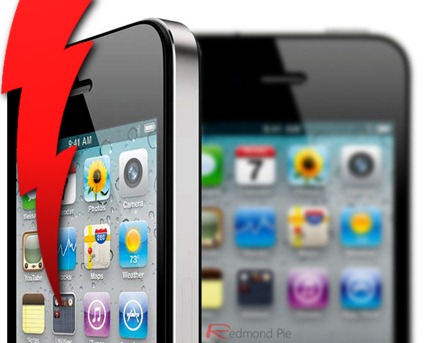An analyst has told investors that he believes Apple will not release a new iPhone during the summer, citing chip shortages as the reason that the handset will be released during an October window, just as the iPhone 4S was last year.
Rumors of late had suggested that Apple was working on getting its next iPhone out to customers some time before the now standard October release date, but one analyst believes that such a maneuver is not actually on the cards, laying the blame squarely at a parts maker.

Piper Jaffray analyst Gene Munster believes that even if Apple had indeed wished to bring the next iPhone to market sooner rather than later, it could not thanks to shortages being suffered by LTE chip maker Qualcomm. With LTE now part of the new iPad’s arsenal, Munster believes that the iPhone is a certainty to also pick up some 4G speed.
Qualcomm’s apparent supply issues would peg a new iPhone release later this year, bringing the expected October release window back into play, meaning the new iPhone would debut a full twelve months after the iPhone 4S was released to huge lines around the world.
“It is more likely the phone launches in October given Qualcomm commentary around 28nm chip supply…. we believe Apple will include LTE in the iPhone 5 as an important feature in the product update.”
LTE capability in the iPad had been rumored since the iPad 2 launch, and many had hoped that the 4G technology would be added to the iPhone before the iPhone 4S was announced. With the technology now present in the company’s tablet device, it is almost inconceivable that Apple would not put an LTE chip into the next iPhone. With the majority of iPhone owners unable to take advantage of LTE 4G speeds due to lack of a roll out worldwide however, it is debatable as to whether anyone really cares outside the United States.

Apple has already found itself in hot water over 4G branding with the new iPad’s release. Australia, the UK and other countries have deemed the 4G moniker to be troublesome, with customers potentially being confused and not understanding that they will not actually see 4G speeds from their new iPad. Apple may suffer from a similar backlash when the LTE iPhone finally does become a reality.
You can follow us on Twitter, add us to your circle on Google+ or like our Facebook page to keep yourself updated on all the latest from Microsoft, Google, Apple and the web.

